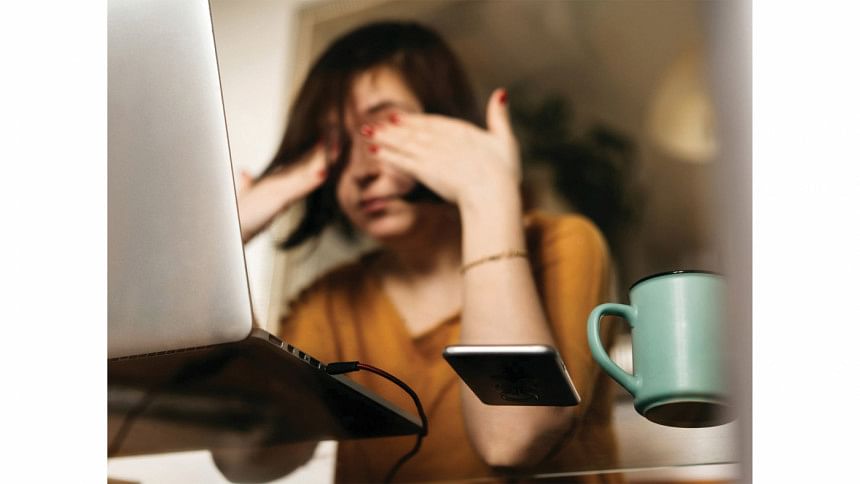Managing post COVID-19 fatigue at home by physiotherapy

After recovering from COVID-19, it can take some time to feel back to normal. One most common symptom people feel after COVID-19 is fatigue. It might originate from the lingering immune response or because the lungs and heart are still recovering.
Management of post-COVID fatigue:
1. Ensuring enough sleep by getting daily sunlight exposure and not to consuming caffeine late in the day.
2. Staying hydrated by drinking plenty of water and eating a well balanced diet.
3. Managing stress. Practice mindfulness and learning to focus on your breathing. Do deep breathing exercise and meditation to reduce stress.
4. Doing physical and mental activity slowly. Do not overdo any activity or do not take lots of rest. Keep balancing your activity with rest and recovery.
5. Pacing: It is an individualised systemic process to managing physical, cognitive, and emotional energy within the patient's energy limit to prevent or reduce fatigue. Pacing is not activity avoidance technique, rather it is a way used to minimise symptom exacerbation. Pacing establishes the balance between activity and rest to avoid exacerbation of symptoms. Qualified physiotherapist guides you regarding the accuracy of your activity and resting period. Physiotherapist helps you to increasing the activity level gradually, introducing proper resting period and switching to different types of activity within a control manner before you feel tired.
Some activities at home will alleviate post-COVID fatigue: Activity can be classified into physical and emotional or mental activity. Both physical and mental activity related to each other and each of these can affects other. Here is given some safe examples of activities that you can do at home:
1. Practice deep breathing in sitting. Sit upright and place your hands around the sides of your stomach. Close your mouth and inhale through your nose and pull air down into your stomach where your hands are. Then exhale slowly through your nose. Repeat deep breaths for five times before any activity.
2. Do some activities that you are comfortable doing. If a task is difficult, learn to stop and change the task. As for example: start with short walks, or carrying out a simple task such as ironing your shirts and then taking a rest. If, you may find walking difficult or you may confront shortness of breath then stop and set a realistic task like walking to the toilet at first. Do a little more each day, but avoid overdoing it.
3. Slow down and spread your activities throughout the day. Do not do all the activities at a time. Add some mental or emotional activity with your physical activity. This technique helps you to conserve your energy.
4. Take some time while getting out of bed. If you have spent long periods of time in bed due to COVID-19 infection, your blood pressure may take some time to adjust. You may feel dizzy when you sit or stand up quickly from bed. So take it slow when getting out of bed, then sit on the edge of the bed for 1 to 2 minutes and then go for wash or shower. Take rest before and after going to toilet.
5. Gradually improve your activity level. When you are comfortable with short distance walking then you can improve your physical activity level by increasing walking distance slowly and then try to walk for long distance when you are comfortable with this. You can also improve your mental activity level such as: Playing electronics games, puzzle or Sudoku, cards and making crafts, painting. It is easy to do at home and can be stopped if the person gets fatigued. If activity feels good you can progress your activity gradually like practise stair climbing, go outside for walking, start outdoor activity and playing.
Precautions:
If activity increases your fatigue then pull back and take it easy. Do not do any weight lifting or strengthening exercises first because, it will worsen your symptoms. Consult with a physiotherapist regarding any exercise programme because, they can help you find the safest exercises that will alleviate your symptoms. Stop doing activities or exercises immediately and consult with a physician, if you develop any dizziness, chest pain, palpitation, shortness of breath and excessive fatigue or any other symptoms that you consider an emergency.
The writer is a neurodynamic specialist and clinical physiotherapist at BRB Hospital Ltd.
Email: [email protected]

 For all latest news, follow The Daily Star's Google News channel.
For all latest news, follow The Daily Star's Google News channel. 



Comments